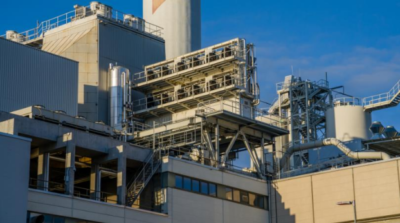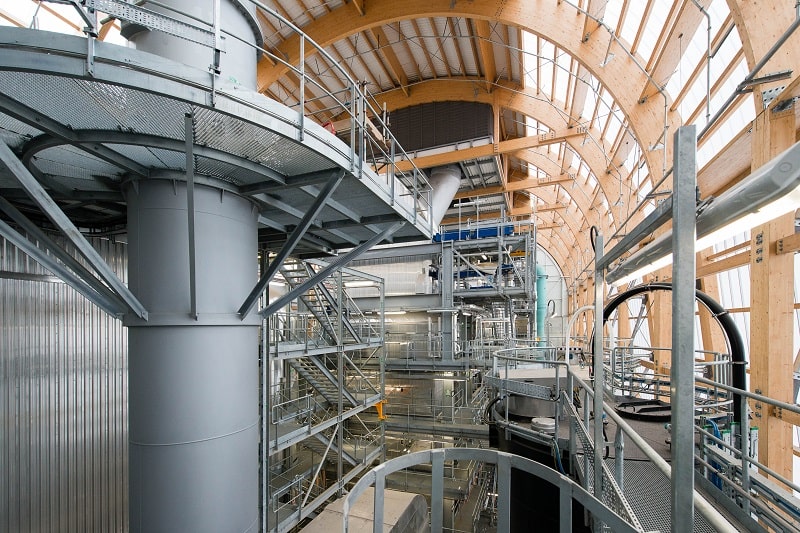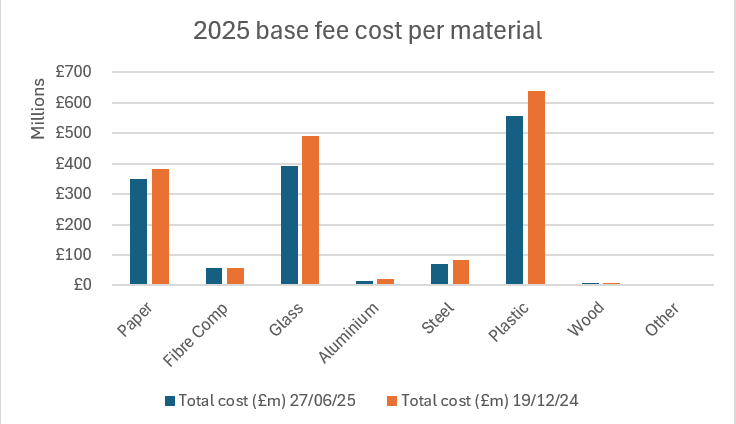The document said that “progress in reducing emissions from landfill has recently been undermined by increased incineration.”
According to the report, overall waste emissions declined 5% in 2020 compared to 2019. This was said to be driven by a 9% reduction in methane emissions from landfill, which accounts for over half of the emissions from the sector. On the other hand, emissions from energy from waste (EfW) plants, responsible for about a quarter of the sector’s emissions, increased by 3% from 2019.
EfW
Incineration – or energy from waste – is considered to have a lower environmental impact compared to landfill, the report continued. It added that Defra’s Waste Infrastructure Delivery Programme has seen the number of plants grow from 37 in 2016 to 54 by the end of 2020.
The committee said that growing emissions from EfW plants were highlighted last year as an issue to address with urgency. It called on the Government to justify the need for any additional EfW plants, alongside policy to reduce their emissions. It added that despite progress in developing carbon capture and storage (CCS) support for EfW plants, and consulting on the inclusion within the UK emissions trading scheme (ETS), “there is still no clear plan to limit or reduce EfW emissions.”

Progress
The report said that BEIS is currently considering specific challenges around enabling CCS at EfW facilities.
Additionally, the draft National Planning Statement for renewables sets out requirements for future EfW plants to demonstrate alignment with the waste hierarchy and do not result in EfW over-capacity at a national or local level. This is partly due to the predicted lower availability of feedstock, set to reduce by 2035 as a result of government policy.
Whilst recognising the benefits of EfW, the committee called on the government to “limit continued growth in incineration”. Alongside a waste sector plan for net zero, it also recommended that right incentives and regulations are in place to facilitate decarbonisation.
‘Tentative commitment’
The Government’s net zero strategy also announced a “tentative commitment” to prevent bio-degradable waste from going to landfill by 2028, according to the report.
As part of this, £295 million of capital funding was announced to be made available for councils to implement free separate food waste collections. However, local authorities need more detail on how this will be spent, as well as detail on the additional policies needed to meet the aim, the report stated.
Existing targets of 65% municipal recycling by 2035 and to cut food waste by 50% by 2030 were confirmed. Forthcoming legislation was delayed, with the introduction of extended producer responsibility, deposit return scheme and consistent collections of recycling and food waste from 2024/2025.
The report concluded that even though progress had been made, policies around CCS and including EfW in ETS still need more work. It added that implementing the forthcoming reforms is the most pressing priority, with the recommendation to “bring forward additional policies to unlock long-term investment into recycling infrastructure and services”.









Subscribe for free